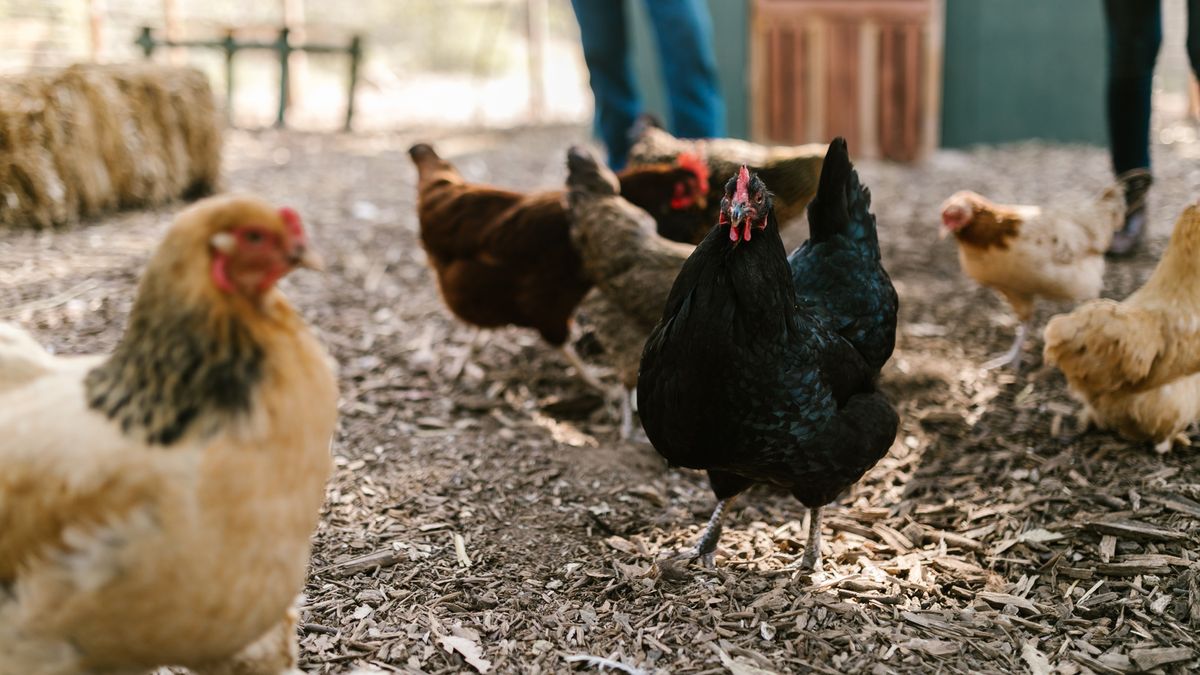The Argentine poultry industry celebrates a historical achievement: after two years and fourteen days of closing, China has reopened its doors for exports of Argentine avian meat. This announcement, made in March 2025 by a delegation of the Vice Ministry of Customs of China (GACC), marks a turning point for a sector that in 2024 produced 2.5 million tons of avian meat and exported 213,000 tons to more than 60 destinations.
According to Carlos Sinesi, Manager of the Poultry Processing Companies Center (CEPA), “Aviar meat exports to China represented approximately 35% of total exports, around 80,000 tons per year.” The reopening of this market, added to the openings of the Philippines and South Korea in January 2025, will significantly expand the destinations and increase the volume of external sales.
China is the second largest world consumer of avian meat, with a demand that exceeds 15 million tons per year. Until 2023, Brazil dominated this market with 40% of Chinese imports, followed by the United States and the European Union. Argentina, although with a minor participation, had managed to position itself as a reliable supplier before the suspension due to avian influenza outbreaks.
The reopening was not simple. Sinnesi He explains that “it was a joint work between the public and private sector, where there were audit visits of the Chinese health service, consultations and exchanges of documentation, and visits to China from Argentine officials to accelerate the process.” This coordinated effort allowed to overcome sanitary barriers and recover access to a market that, according to sector projections, could generate a 30% increase in Argentine exports of aviar meat.
The poultry industry is a pillar of the Argentine economy. According to CEPA data, it generates more than 68,000 direct jobs, 9,000 jobs for services and approximately 8,500 indirect jobs. The reconquest of the Chinese market will not only strengthen these figures, but also will inject crucial currencies for the country. Every 10,000 exported tons represent about US $ 20 million in income, which underlines the strategic importance of this sector.
In addition, China’s reopening comes at a key moment. In 2024, Argentina managed to keep its production of aviar meat in 2.5 million tons, despite a slight fall in the task (-0.17% compared to 2023). This data reflects an improvement in productive efficiency, with birds that reach a higher average weight at the time of task.
Although the opportunities are vast, the challenges are not minor. Brazil, the main competitor of Argentina in the Chinese market, has significant advantages: industrial scale, low costs and consolidated trade agreements. The United States and the European Union are also strong actors, with high -added products and recognized quality standards.
Faced with this scenario, Argentina is committed to differentiating through:
- Health and quality: After overcoming the outbreak outbreaks, the country has reinforced its health protocols, a key factor in gaining confidence in demanding markets such as China.
- Efficient feeding: access to local corn and soybeans, which represent 60% of the cost of production, allows to offer competitive prices. In 2024, corn and soy prices increased below inflation ( +53.3% and +32.6%, respectively), which helped maintain the profitability of the sector.
- Market diversification: the opening of the Philippines and South Korea reduces the dependence of a single destination and opens new opportunities in Asia, where chicken consumption grows at an annual rate of 5%.
To capitalize on these opportunities, the Argentine poultry sector is already moving. Between May 17 and 21, 2025, several companies will participate in Sial China, one of the most important fairs in the food industry worldwide. “The goal is to visit customers and make sales,” says Sinesi.
Subsequently, a commercial mission in the Philippines will be organized to promote Argentine chicken meat and establish direct contacts with importers. These initiatives seek not only to recover the lost land, but also explore new markets that allow to sustain long -term growth.
The global consumption of aviar meat has experienced a 90%increase since the beginning of the 21st century, surpassing the growth of swine meat (136%) and vaccine (11%). This phenomenon, driven by the affordability and nutritional benefits of chicken, offers a promising panorama for Argentina.
However, the path to sustained expansion requires investment and planning. Sinesi emphasizes the need for “investments in technology, logistics and added value to compete on equal terms with large global exporters.”
Chinese avian market reopening is transcendental news for Argentina. Not only revitalizes a key sector of the economy, but also reinforces the country’s position in international food trade. With stable production, robust health protocols and a clear market diversification strategy, the Argentine poultry industry is ready to fly high.
But success is not guaranteed. The competition is fierce, and only through a firm commitment to innovation, quality and efficiency can be consolidated as a relevant actor in the global avian meat market. For now, the sector celebrates this first step and prepares for the challenges they will come.
Honorary Ambassador BRICS + in Argentina
Source: Ambito
David William is a talented author who has made a name for himself in the world of writing. He is a professional author who writes on a wide range of topics, from general interest to opinion news. David is currently working as a writer at 24 hours worlds where he brings his unique perspective and in-depth research to his articles, making them both informative and engaging.




